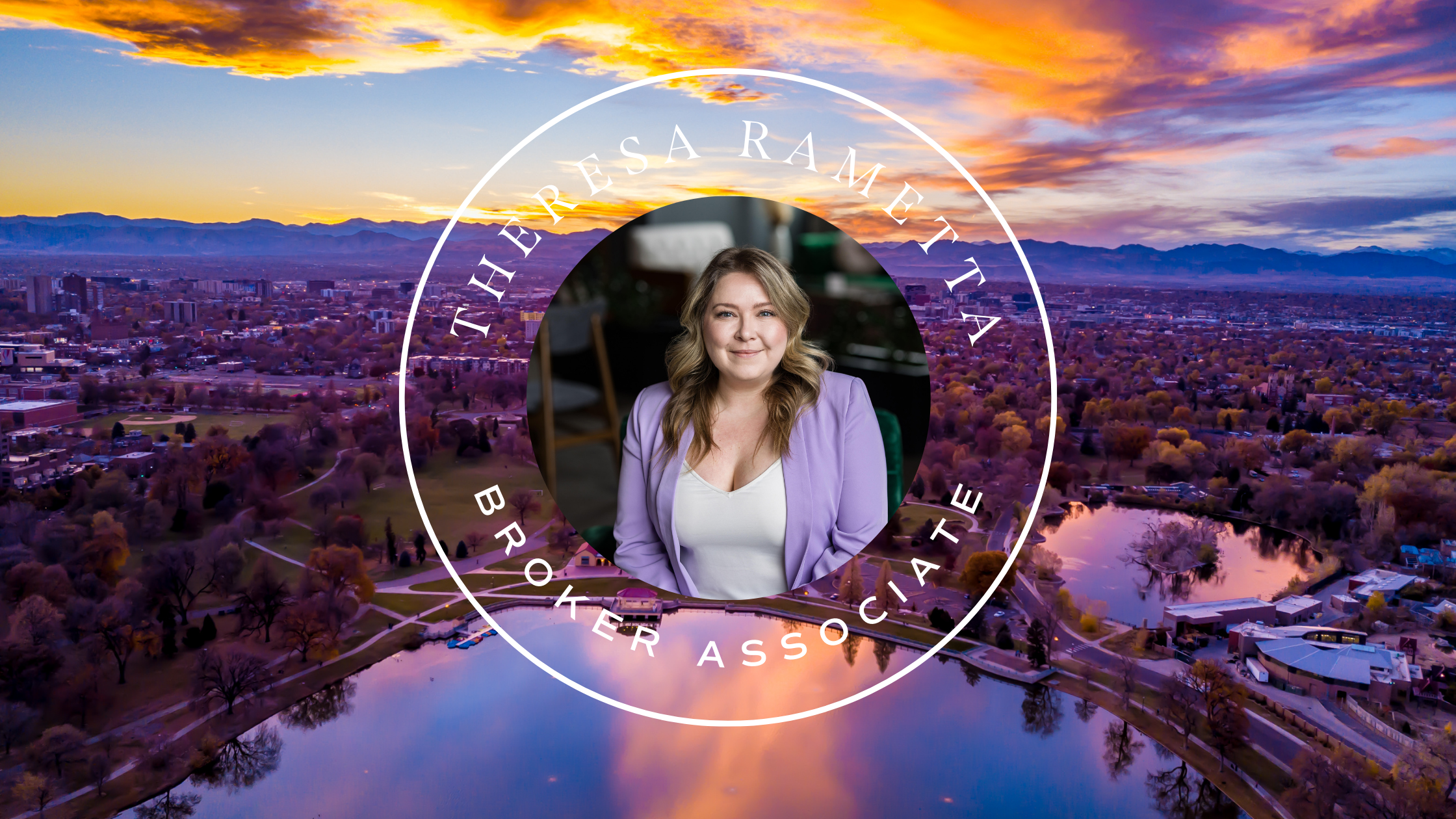Like them or not, short-term rentals are here to stay.
For homeowners in Denver, having a short-term rental associated with your primary residence means additional income and the opportunity for financial security. According to AirDNA Marketminder, there are over 5,000 active short-term rentals in Denver that command an average daily rate of $178 per day, equating to over $3,000 per month.
The occupancy rate is an astonishing 81 percent!
And Denver isn’t the only city where homeowners are enjoying significant financial rewards. According to an article in the Denver Business Journal, new data shows Colorado is the No. 9 state in the U.S. for new host income. In Colorado, new hosts garnered over $55 million in 2021, according to the Airbnb analysis. That includes about $9 million earned by new hosts in Denver County last year.
In Summit County, home to the cities of Silverthorne, Dillon, Frisco and Breckenridge, there are 8,100 short-term rental properties alone!
Home Sharing Options Have Exploded in Colorado
This “shared economy” has put a new spin on the hospitality industry. By homeowners offering shared spaces or entire private accommodations for daily and weekly rentals, travelers now have the opportunity to stay in cities, small towns, and specific neighborhoods that were not possible through traditional hotels and lodges.
“Short-term rental income has grown while hotel occupancy has been struggling,” said Sabrina Calnan, founder of bnbExcellent and an Airbnb expert and guide. “Through the listing platforms like Airbnb and VRBO, short-term rentals have really changed the lodging industry and how people travel.”
Various home-sharing platforms have enabled people everywhere to find accommodations that match their budget and the kind of experience they are looking for. For some, this may be as simple as renting out a room in someone’s home, occupying the basement or lower level, using a separate dwelling on the property or renting a condo in a resort community.
Local Governments are Enforcing Rules and Regulations on Short-Term Rentals
However, the popularity of short-term rentals has also forced many local governments to tighten control and regulate their use. Noise complaints and other disruptive behavior of guests in Denver neighborhoods have forced changes in the rules and regulations. For example, six years ago Denver enacted an ordinance that any short term rental must be on the property of the host’s primary residence.
Some cities have capped the number of short-term rentals, placed moratoriums on any new short term rentals, substantially increased the license fees and are now giving financial incentives to property owners to convert their rentals to long term rentals. In many mountain and resort communities, there is an acute shortage of housing for the locals living and working there, and short-term rentals are being viewed as part of the problem.
Short-Term Rentals Provide a Significant Revenue Stream
However, it’s difficult to overlook the disparity in revenue when deciding whether to rent short-term instead of long-term.
For example, Calnan provided these figures on the various types of revenue streams that one can expect when renting a property. These are average figures and include a variety of accommodations: rooms, accessory dwelling units (ADU), basements, etc.
- Long term rentals: $1,300-$1,400 per month; $15,000-$16,000 annual net income
- Monthly rentals: $1,800-$2,000 per month; $20,000-$22,000 annual net income
- Short term rentals: $3,000 per month; $35,000 annual net income
Pros and Cons of Renting Your Property Short-Term
And, as expected, there are pros and cons that come with short-term rentals despite the huge earning potential. The pros are that there is no rent collection each month as payment is received upfront, guests are generally upbeat and considerate. It is extremely lucrative and seamless because of platforms like Airbnb, and the frequent cleaning of the property means there is less overall wear and tear.
But, the cons are significant, too. You can’t screen your visitors, it’s time intensive getting the property clean and sometimes the turnaround time for the next guest is tight, your profitability often depends on your location, and the laws and restrictions can change at any time.
It’s important to understand just how quickly some cities and counties are changing the rules on what is allowed to be rented short-term and what isn’t. Furthermore, the rules might be changed year-in and year-out, depending on what is happening in the local community. These changes could potentially come in the midst of when you are planning to buy a resort condo for short-term rentals or during the time you are adding rental space to your home.
ADUs Provide a Housing Solution for Many Despite the Cost
Regardless, homeowners are recognizing the benefits of the ADU concept, which are increasingly being allowed in many Denver neighborhoods. ADUs typically take the form of a full basement or lower level of a house (typically with a private entrance) or a free-standing dwelling (e.g. carriage house) or apartment above a garage.
If you’ve been toying with the idea of having an ADU on your property, you’re in good company. According to Lisa Kerin-Welch, a representative with ADU4U, there is an explosion of interest in ADUs, especially given the high price of real estate in Denver.
“Things are blowing up in this area,” she said. “There is a great deal of interest and people have a real opportunity to increase available housing in Denver while earning passive income. You can use these ADUs in a variety of ways: from short- to long-term rentals to providing housing for an aging relative.”
However, one of the biggest misconceptions about ADUs is the cost. For a brand new ADU, expect to pay between $250,000-$400,000. Keep in mind, that these structures are essentially small dwellings that are typically around 600-700 square feet. Even if you’re looking at turning your basement or lower level into a private residence, you can probably expect to pay upwards of $100,000.





